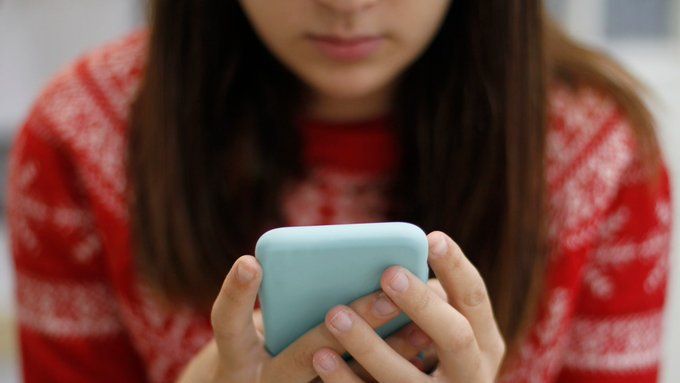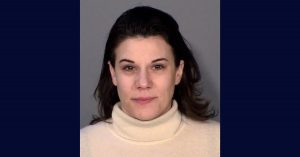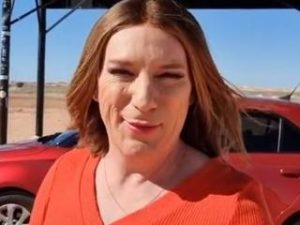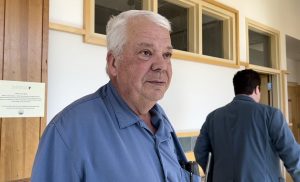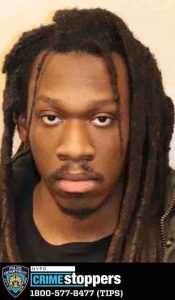The United Nations, on Thursday, launched bodyright, a brand new “copyright” for the human body, against gender-based violence on the internet. The logo – an encircled ‘b’ – can be added to social media posts. The campaign demands that images of our bodies are given the same respect and protection online as copyright gives to music, film and even corporate logos.
The symbol aims to highlight that corporate logos and copyrighted Intellectual Property often receive greater protection online than people.
The UN population agency UNFPA campaign said women, young people, ethnic minorities and the LGBT community have to be protected against the violence they face online.
“Everyone has the right to live free of fear and violence — both online and offline,” UFNPA executive director Natalia Kanem said.
“It’s time for technology companies and policymakers to take digital violence seriously.”
In its report, the UN said that 85% of women globally have experienced or witnessed digital violence against other women. The poll was done by the Economist Intelligence Unit. It also mentioned that 38% also suffered it themselves.
The report added, “57% of women have had their videos or images online abused or misused.” Another research company said that 96% of online deepfake videos are pornography, all of women.
UNFPA said “online violence included cyberstalking, hate speech, doxxing — publishing private information about an individual — and non-consensual use of images and video such as deepfakes.”
The agency said that the symbol was a demand that “images of our bodies are given the same respect and protection online as copyright gives to music, film and even corporate logos.”
What is bodily autonomy?
“Bodily autonomy is the right of every individual to choose what they do with their bodies and to live free of fear and violence. This principle should apply both online and offline,” UN said on its website.

